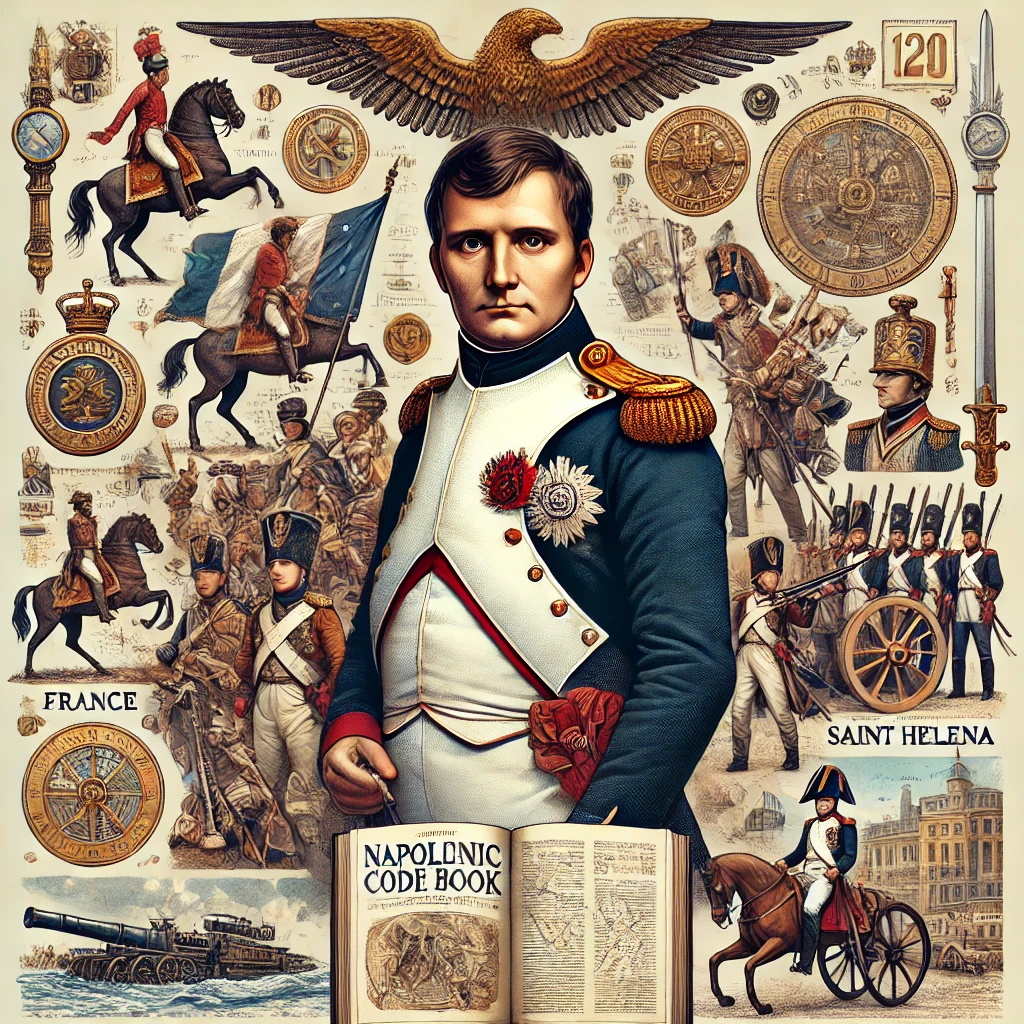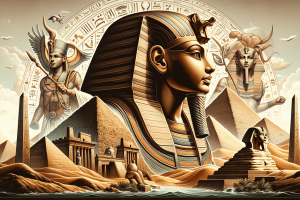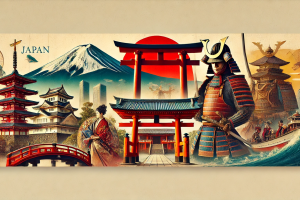Unveiling the Life, Accomplishments, and Legacy of Napoleon Bonaparte: A Comprehensive Guide
Napoleon Bonaparte, one of history’s most brilliant military strategists and leaders, left an indelible mark on the world. His life, filled with triumphs and controversies, offers a fascinating study of ambition, power, and legacy. This comprehensive guide explores Napoleon Bonaparte’s biography, his numerous accomplishments, the wars he led, and his enduring legacy.
Biography and Life of Napoleon Bonaparte
Early Life and Family Background
Napoleon Bonaparte was born on August 15, 1769, on the island of Corsica, just after it was annexed by France. His family was of minor Italian nobility, but they were not wealthy. His father, Carlo Buonaparte, was a lawyer, and his mother, Letizia Ramolino, was known for her strong will and influence over her children. Napoleon’s family provided him with a solid foundation, fostering his ambitions from a young age.
Education and Early Military Career
At the age of nine, Napoleon was sent to mainland France for his education. He attended a military academy at Brienne-le-Château and later the prestigious École Militaire in Paris. Graduating as a second lieutenant of artillery, Napoleon’s early military career was marked by rapid promotions due to his keen strategic mind and leadership abilities.
Rise to Power
Napoleon’s rise to power began with his success in the Italian campaign of 1796-1797, where he demonstrated his military genius. His subsequent Egyptian campaign, though less successful, bolstered his reputation. In 1799, he staged a coup d’état and became First Consul of France, effectively placing him in control of the country. By 1804, he had crowned himself Emperor of the French.
Interesting Facts about Napoleon Bonaparte’s Life
- Napoleon stood about 5 feet 6 inches tall, average for his time, despite the myth of his short stature.
- He wrote a romantic novella titled “Clisson et Eugénie.”
- Napoleon was known for his rapid decision-making and ability to read and digest vast amounts of information.
Napoleon Bonaparte’s Death
Napoleon Bonaparte was exiled to the island of Elba in 1814 but escaped and briefly regained power in 1815 during the Hundred Days. After his defeat at the Battle of Waterloo, he was exiled to the remote island of Saint Helena in the South Atlantic, where he died on May 5, 1821. The cause of his death has been debated, with theories ranging from stomach cancer to arsenic poisoning.
Accomplishments and Achievements of Napoleon Bonaparte
Military Campaigns and Wars
Napoleon Bonaparte’s military campaigns are legendary. His most notable accomplishments include:
- Italian Campaigns (1796-1797): Napoleon’s victories in Italy established him as a formidable military leader and brought significant territories under French control.
- Egyptian Campaign (1798-1801): Although ultimately unsuccessful, the campaign showcased Napoleon’s ambition to spread French influence and discover ancient knowledge.
- Austerlitz (1805): Often considered his greatest victory, the Battle of Austerlitz saw Napoleon decisively defeat the Russian and Austrian armies.
- Peninsular War (1807-1814): Despite facing stiff resistance, Napoleon’s campaigns in Spain and Portugal demonstrated his strategic flexibility.
- Russian Campaign (1812): The disastrous invasion of Russia marked a turning point in Napoleon’s fortunes, leading to significant losses and contributing to his eventual downfall.
Napoleon Bonaparte’s Accomplishments and Innovations
Beyond the battlefield, Napoleon Bonaparte made significant contributions to the administration and governance of France:
- Napoleonic Code: This civil code established a uniform set of laws and is considered one of Napoleon’s greatest achievements. It influenced legal systems worldwide.
- Educational Reforms: Napoleon restructured the French education system, creating lycees and improving higher education.
- Economic Policies: He modernized the French economy, establishing the Bank of France and stabilizing the currency.
- Infrastructure Projects: Napoleon initiated extensive public works projects, improving roads, bridges, and the overall infrastructure of France.
Legacy and Influence of Napoleon Bonaparte
Enduring Legacy and Historical Significance
Napoleon Bonaparte’s legacy extends far beyond his military conquests. His reforms laid the groundwork for modern France and influenced many countries’ legal and administrative systems. His vision of a centralized state with efficient governance remains a model in various parts of the world.
Napoleon Bonaparte’s Reign and Governance
Napoleon’s reign saw the consolidation of many revolutionary changes. His leadership style was characterized by a mix of authoritarianism and meritocracy. He valued talent and efficiency, regardless of an individual’s background, which helped him build a capable administration.
Notable Quotes by Napoleon Bonaparte
Napoleon Bonaparte’s quotes reflect his strategic mind and complex personality:
- “Impossible is a word to be found only in the dictionary of fools.”
- “Victory belongs to the most persevering.”
- “A leader is a dealer in hope.”
These quotes highlight his belief in determination, perseverance, and the power of leadership.
Napoleon Bonaparte’s life, filled with extraordinary accomplishments and significant influence, continues to captivate historians and enthusiasts alike. His biography, from his early life and rise to power to his numerous achievements and ultimate exile, offers invaluable lessons in leadership, strategy, and governance. Napoleon Bonaparte’s legacy, cemented by his reforms and military prowess, remains a pivotal chapter in world history.
For more detailed insights into historical figures like Napoleon Bonaparte, visit Regent Studies. To further explore his impact and contributions, consider reputable sources like History.com.
Understanding Napoleon Bonaparte’s multifaceted life allows us to appreciate his complex character and the profound impact he had on the world. Whether delving into his biography, analyzing his military campaigns, or exploring his enduring legacy, Napoleon Bonaparte’s story offers a rich tapestry of ambition, power, and influence.




